For those who were alive on Sept. 11, 2001, the memory of that day is often still vivid and emotional, the images of the twin towers falling forever seared in people's minds.
For a whole generation of young people, though, Sept. 11 isn't a memory at all. It's a part of history.
As we mark two decades since the deadliest terrorist attack in U.S. history, teenagers are coming of age in a world reshaped by an event that happened before their births.
"My parents saw thousands of people die in a surprise attack. They lost a lot," said Cole Sturino, a senior at Palo Alto High School.
"For us, that's just the way it's been."
To explore what it's been like to grow up in a post-9/11 world, this news organization spoke with five local teenagers about their perspective on the Sept. 11 attacks and how their lives have been impacted. Here are their stories.
Zack Silver
When an older person asks 17-year-old Zack Silver his age, the follow-up question is often the same: "Oh, so you don't remember 9/11?"
Born in 2004, the Paly senior said he doesn't know the first time he learned about the Sept. 11 terrorist attacks. It's always been a part of life.
"The obvious emotion that we didn't get is shock," Silver said. "For us, it was always something that has happened, not something that's happening."
Despite not being alive at the time, Silver said he knows that day played a large role in shaping the current status of the United States and the world more broadly.
"Even though we weren't there for it, you can absolutely see the effects of it," Silver said.
That ranges from going through airport security to growing up watching America's wars in Iraq and Afghanistan. For many people of his generation, Silver said the Middle East has always been known as the place where the terrorists who perpetrated 9/11 came from. That's sad, Silver said, because only a small number of people committed the attacks and there's so much more to the region.
"Since then, the U.S. has in many ways been the police of the world and I'm not sure that's a good thing," he said.
Zainab Ali
Zainab Ali was born just a month after 9/11. Her parents had recently moved to the United States from Pakistan in search of job opportunities. Her mom has since recounted to Ali the fear she felt as a Muslim in the days after the attack.
"I remember my mom telling me that she was afraid of giving birth to me in the hospital," Ali said. "She was afraid the doctors would treat her differently because we're Muslims."
Although Ali said that thankfully didn't happen, she has grown up seeing the impact Sept. 11 has had on how Muslims are viewed in the United States. When someone brings up terrorism, they frequently link it to Islam, she said.
"As a Muslim student, every single year I would kind of dread 9/11," she said. "People do look at you whenever the subject of Muslims or Islam is brought up."
Her teachers were generally careful to make clear that Muslims are not to blame, Ali said, adding that over the years people have become more understanding.
Now getting ready to start her second year at Foothill College, Ali is the co-president of the Muslim Student Association on campus and is speaking at this year's Multifaith Peace Picnic on Sept. 11 in Palo Alto.
"I've been wanting to be more involved in the community," Ali said. "I think it's really cool that we're bringing people of all faiths together."
Jacob Howmiller
Twenty years from now, Jacob Howmiller said he wonders, will society be reflecting on the coronavirus pandemic in a similar way to the current remembrances of 9/11 — as a world changing event that some people are too young to even remember.
"It's never truly the same living in it, versus hearing about it after," Howmiller said. "You can never truly experience it if you're not actually living there at the time."
Currently a senior at Los Altos High School, Howmiller was born four years after Sept. 11. He doesn't remember a time when he didn't know about the attacks.
"Ever since I can remember … and have conscious memories of myself, I feel like I already knew about 9/11 — a rough idea of what had happened," he said.
That may be partially because his grandfather's birthday falls on Sept. 11, so the family would remark on the anniversary each year.
When Howmiller reads accounts of 9/11, he said, he has been struck by the courage and bravery of the first responders. Despite the tragedy, he said there were positives — including the national solidarity it created, as well as the focus on preventing another attack.
"It brought America together," Howmiller said. "It was when American morale was the highest."
Cole Sturino
When 9/11 is brought up in school, Cole Sturino said his teachers always try to impress upon the class the magnitude of the tragedy, knowing that the students don't have the same visceral association with the day.
It's discussed as a "hammer blow," Sturino said, with those alive at the time remembering exactly where they were and what they were doing when they found out. He said it's similar to the way his grandparents or great-grandparents can recall JFK's assassination.
"I don't think my generation has really had that moment yet," Sturino said.
His father has told him the story of being on vacation in Germany at the time and walking through a town square when he overheard a radio report that the twin towers had been attacked.
If not for the vacation, Sturino said he father would have likely seen the plane hitting the Pentagon because he was working in Washington, D.C. at the time. After the attacks, two of his cousins enlisted in the military.
Sturino said he knows there are parts of 9/11 his generation doesn't understand, but added that their youth allows them to view its impact "unclouded by that need to strike back against the people who hurt us."
"It was never our fight," he added.
Sturino said he knows that there had to be justice and a response to the murder of innocent people but doesn't believe the United States should have gone to war, much less stayed in the region for two decades.
Yonu Oh
The first time Castilleja School junior Yonu Oh remembers truly learning about the 9/11 attacks was when she and her family visited the 9/11 Museum and Memorial in New York City. In roughly fifth grade at the time, Oh said she realized the significance of the day.
"The plethora of names written on the black base was a huge shock to me — lives gone in that blink of an eye," Oh wrote in an email.
The memorial sits on the site where the twin towers once stood and features the names, inscribed in bronze, of 2,983 people killed. Seeing that monument and looking at artifacts from the attacks in the museum helped her contextualize what 9/11 had meant for the nation.
A few years ago, as she reflected on a 9/11 anniversary with her mother, Oh said her mom told her the story of getting on a flight to the United States on the day of the attacks, only to have the plane be forced to turn around. Although Oh and her peers may not have those types of firsthand memories, she believes her generation's role is to continue to remember what happened.
"We still carry on that legacy," Oh said.
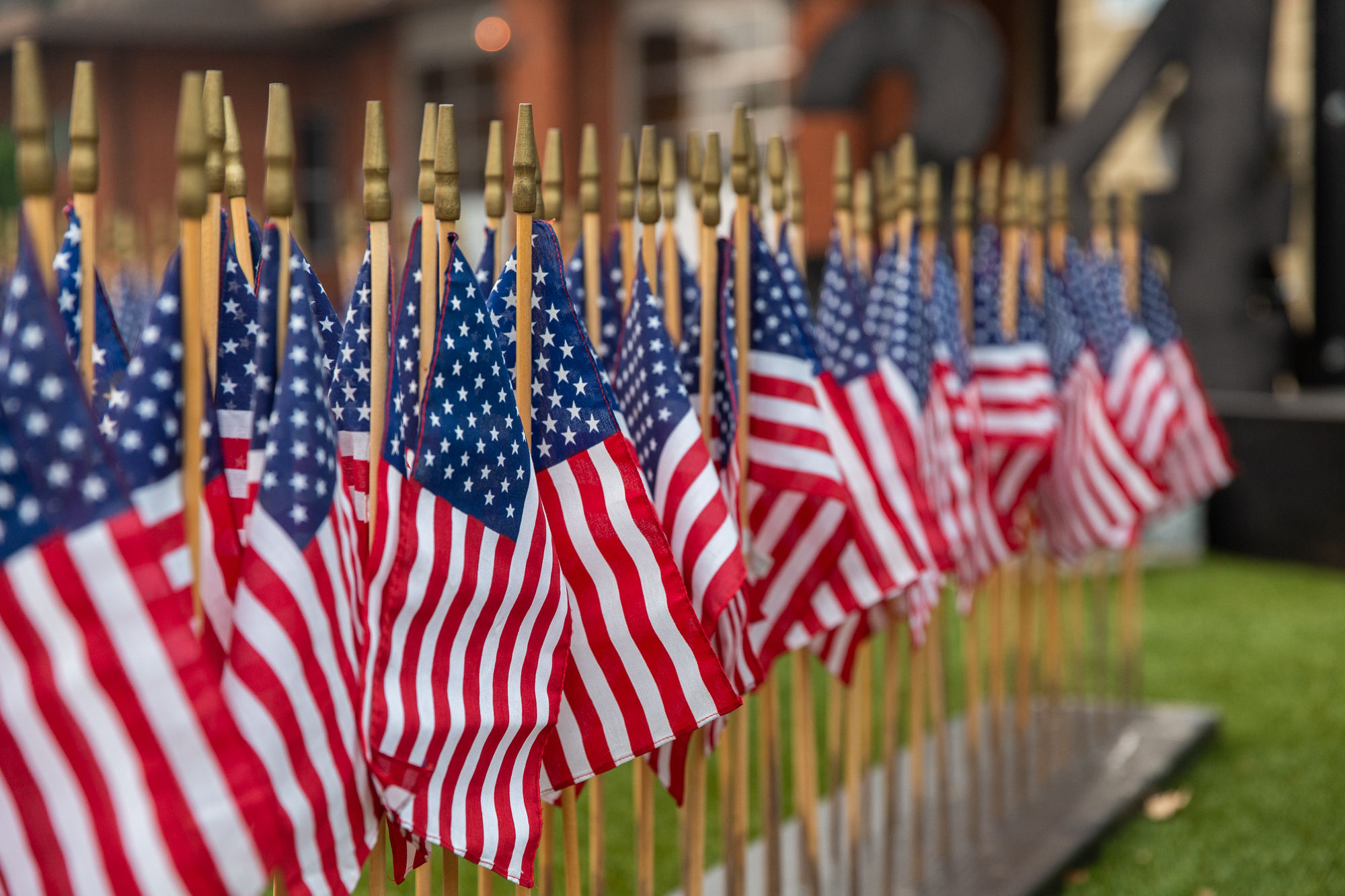
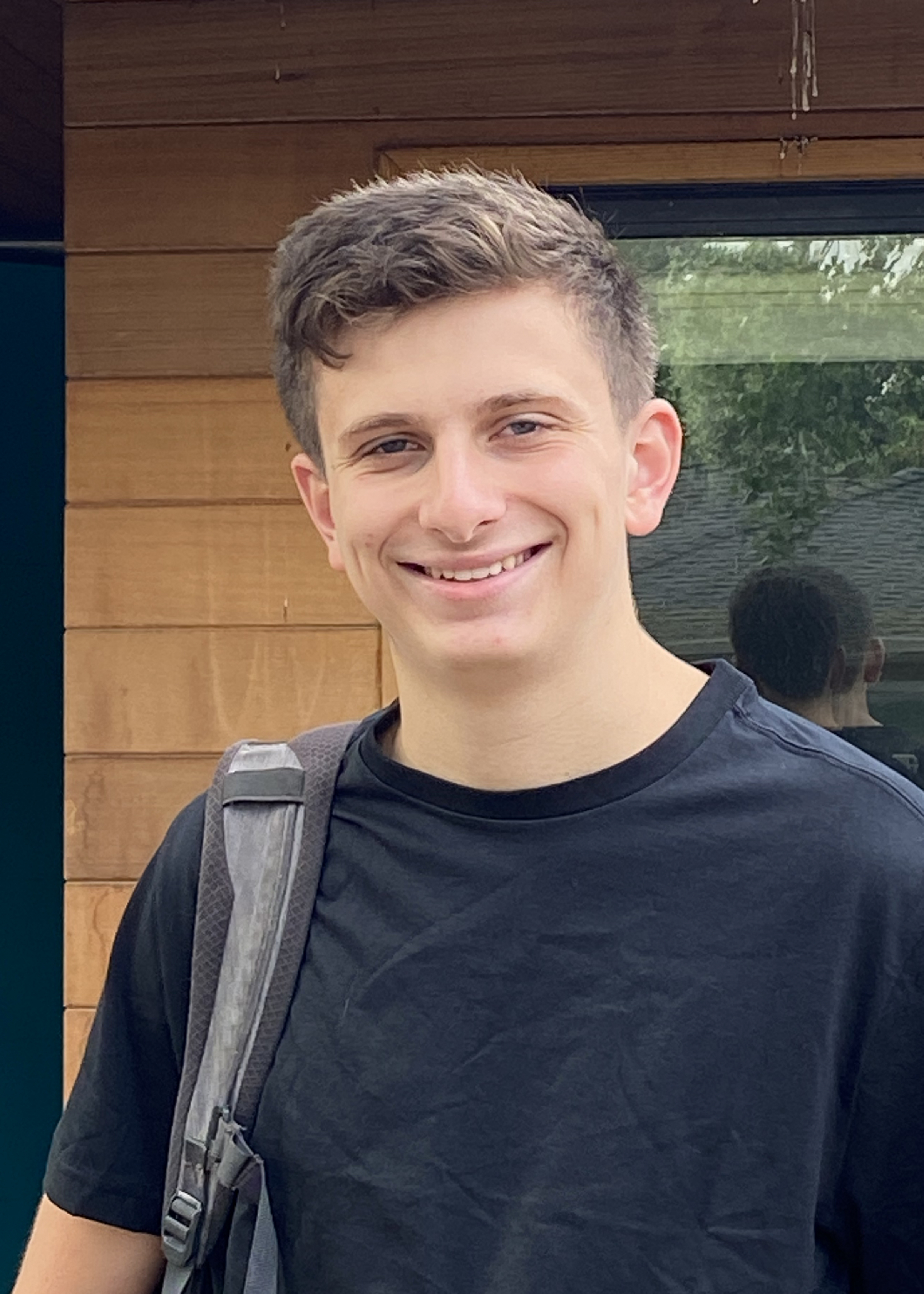

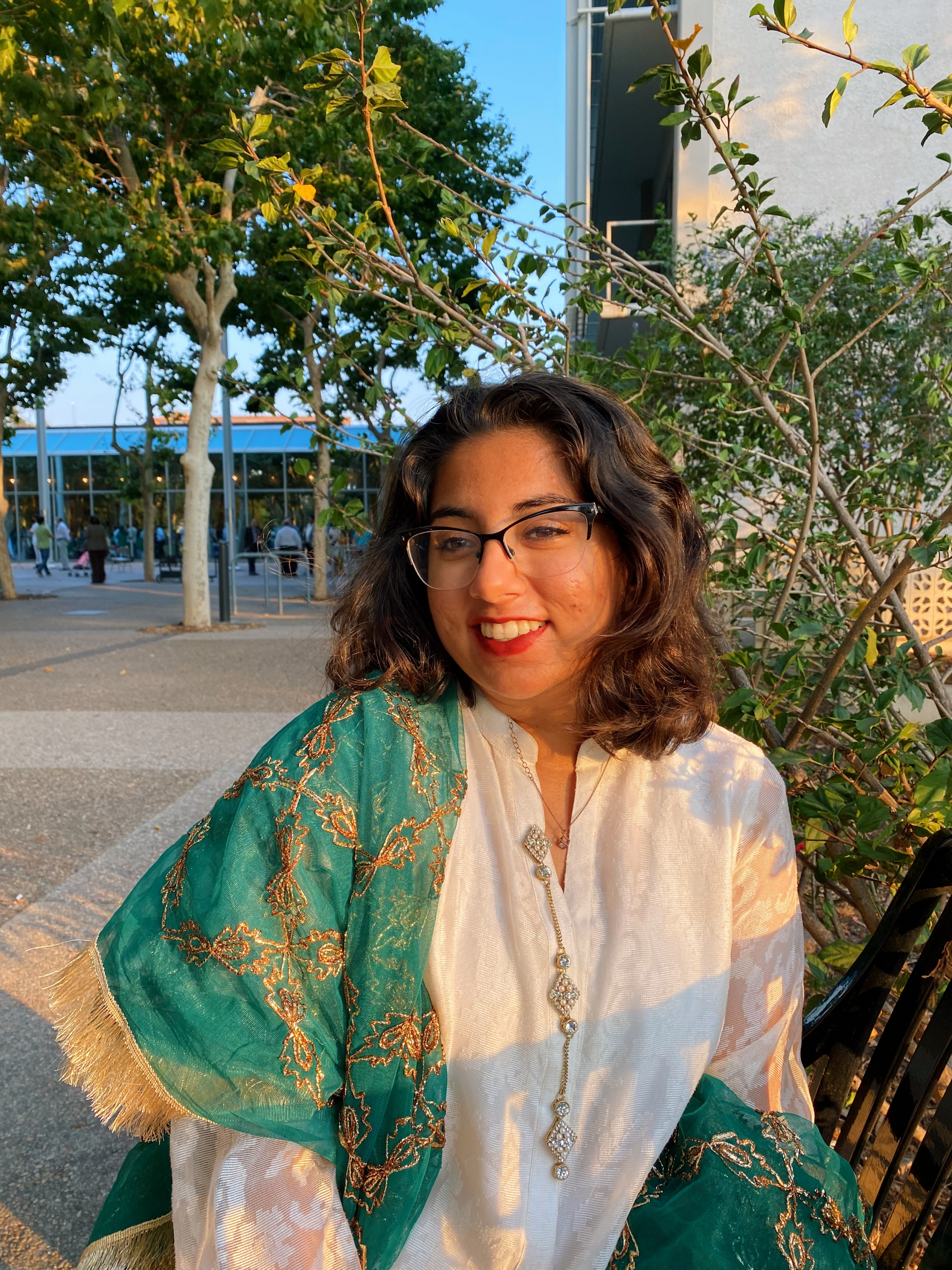
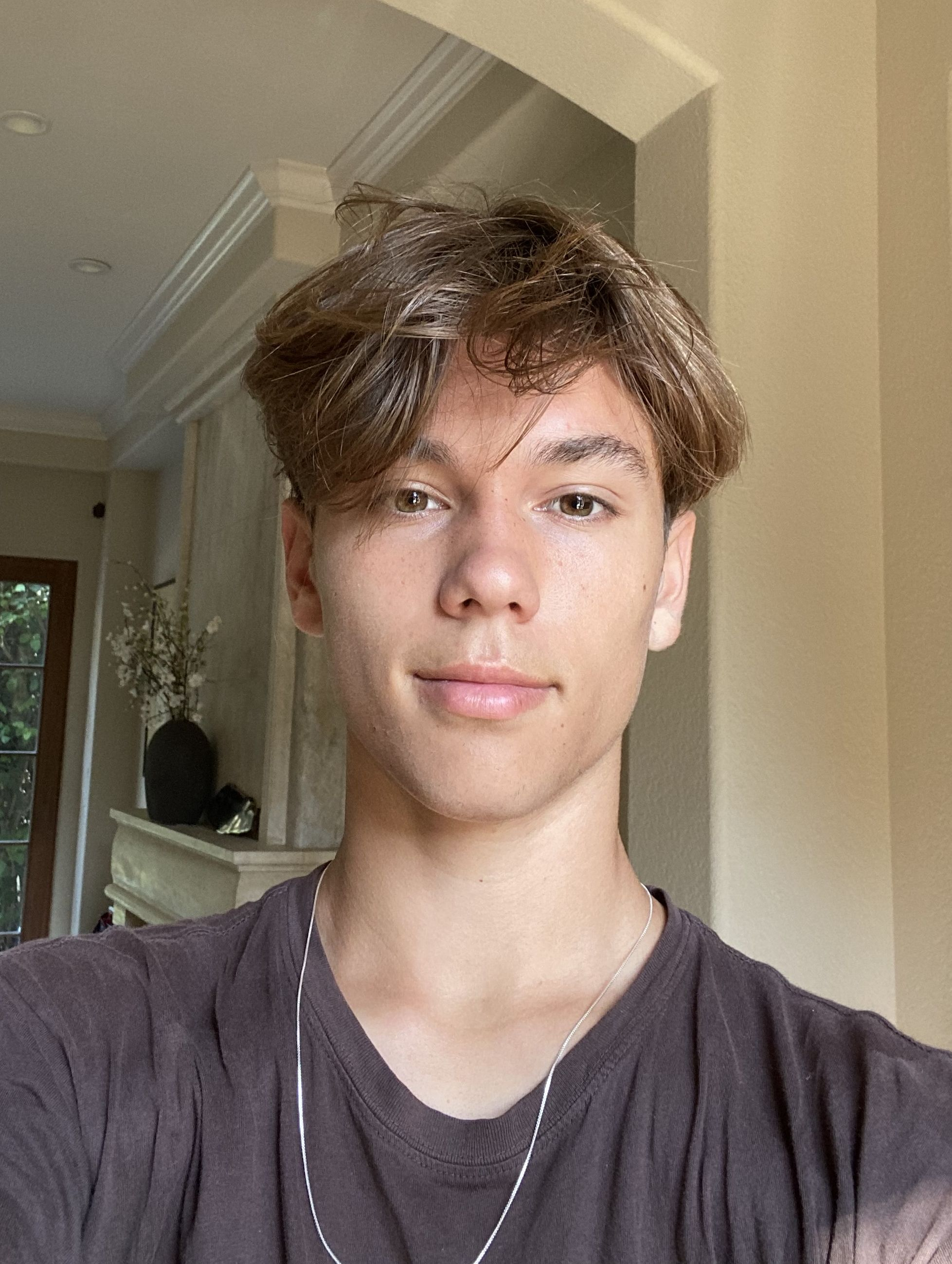
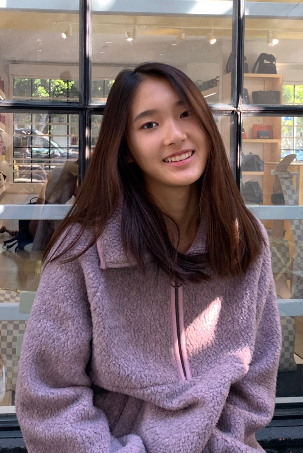

Comments